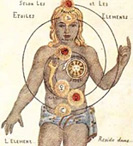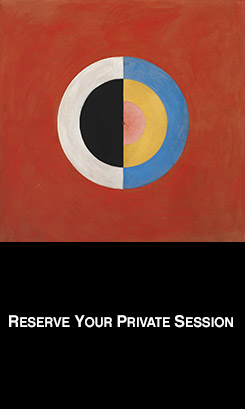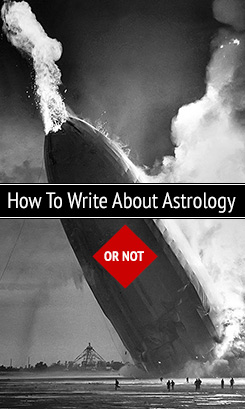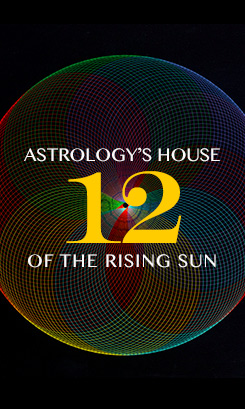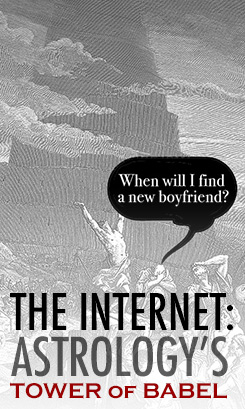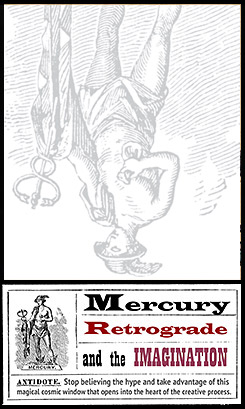Henry Leroy Finch: The Desecration of the Sun
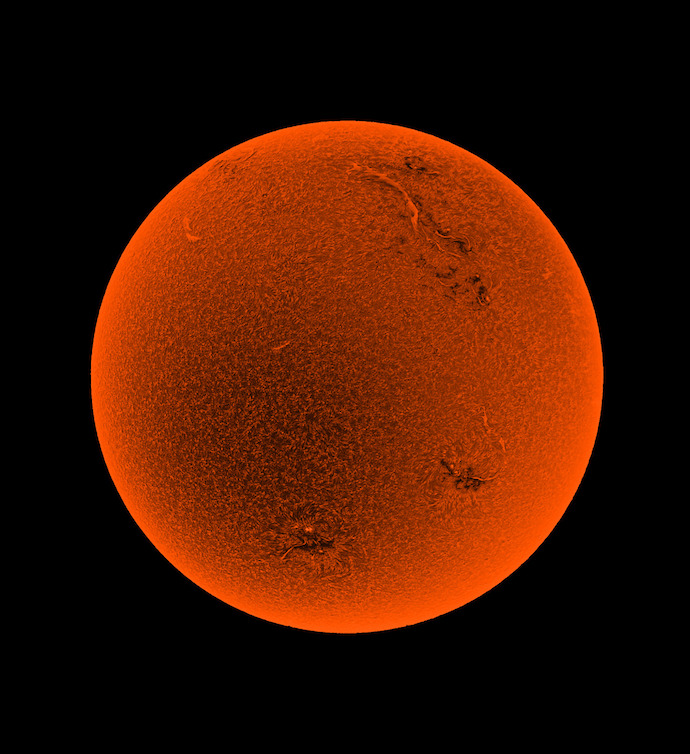
“The gradual disappearance of the sacred from the world, and the consequent shrinking of the human being, starts with the desacralizing of the cosmos in the Biblical law and in the empirical science of Aristotle and culminates in the flattened-out, merely measurable universe of post-Renaissance science
The sacred has withdrawn into the domain of private inner experiences where the sacred and the spiritual, as gifts from above, are confused with the grasping and exploiting “psychological.”
It is not surprising that the most blasphemous act of modern science has been the desecration of the sun, by copying on earth its release of hydrogen energy (by a mathematics and physics no longer connected with wisdom and the good, as for us the sun is no longer connected with the wisdom and the good), wiping out whole cities in seconds.
Nothing could better illustrate, at one and the same time, our secret contempt for the dead, dull, natural world we have conceived and for the egotistic power-structure which we call “civilization.””
— Henry Leroy Finch
From the essay: The Sacred Cosmos: Teachings of G.I. Gurdjieff
Tarthang Tulku: Time and Non-Locatability
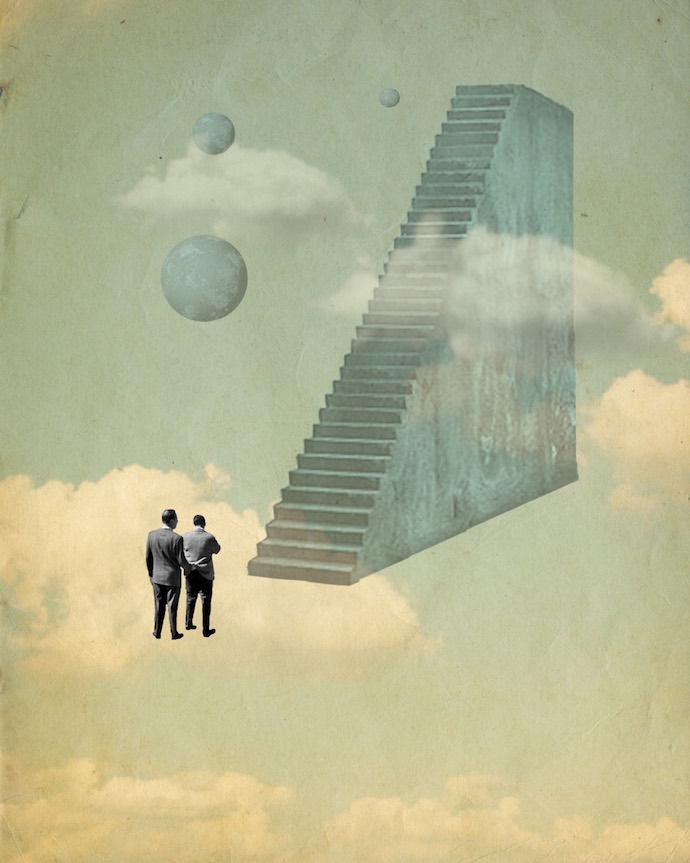
In the following quotes from Dynamics of Time and Space, Tarthang Tulku uses the word time in a broader sense than just psychological or linear time.
When we lose contact with time, we have cut the dynamic central to our lives. Subjectively, there is the sense that time is flickering, like a film not properly adjusted on its reel. There is strain that goes nowhere.
These structures are in place before consciousness fully forms… they give rise to nervous agitation or uneasy pain.
If the momentum of time’s forward conducting persists, the agitation and its underlying ‘flickering’ intensify. Suddenly there is an abrupt break, as if the reel of film…had snapped. Everything freezes –movement vanishes. Pain has been transformed into the fixed and rigid structures of linear time.
Consciousness emerges into a temporal order in which time is a hostile force…Time in its pastness grinds us down feeding us the lifeless recordings of the past and the seductive fascinations of the future.
Caught in this fabricated past and future, we are divided against ourselves. Our knowledge and energy are spread across the linear length of the temporal order. Thus, when we set a goal, we assign a part of our constructed identity to that goal. Now it is as though a part of us was ‘out there’ in the future along with our projection, pinned against the temporal horizon of the present moment.
Increasingly confined, we find it deeply disturbing just to inhabit the successive moments of our lives. The specific ‘point’ of time that we occupy lacks all capacity to hold time’s dynamic. Life goes out of the present, drained away ‘across’ time.
We may respond by withdrawing into a dull numbness that has a quality almost like being shocked or stunned. In our worn-out dullness, we are like a baby that has cried itself into exhausted sleep.
If we could awaken at this point to the feeling of pain, we would actually be close to the original dynamic of the time that we have lost. But this alternative is not available, for we are too closely identified with the pain.
As ‘I’ merge with ‘having the pain’, I become the victim of what objectified time has presented. I possess the pain and am possessed by it; in this feedback I repossess it, tightening its hold. Awareness arises only in the wake of recognition, and so can lead only in the direction of further identification.
Accepting the reality of the pain assures its continuation.
Through a direct focus on the painness of pain, this ready interpretation can be recast or re-projected. If there is no ‘I’ as subject — no one making efforts with regard to the pain — there will be no pain to be identified. As pain enters experience and is projected into awareness, it is received without labels and identifications and reactions. There is nothing to be conditioned and no one to be caught. Without the subjective framework, pain is stripped of its solidity.
In this new arriving of what time presents, the logic of temporality defeats itself. The past is gone, the future not yet arrived, the present too short: ‘I’ am nowhere.
Opening Collage When your numbers up by: TrashRiot, © 2015
Astrology, Ants, Hives, Essence and Types
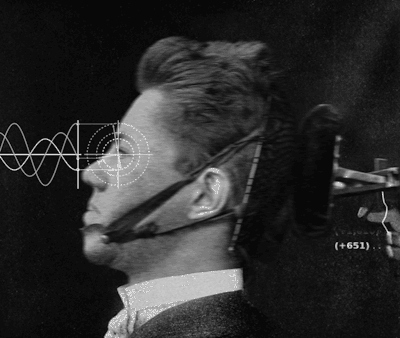
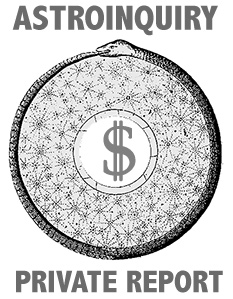
People are akin to ants in a massive colony.
Planets have no interest in the personal affairs of human beings, any more than you are fretting right now about a particular aphid on a rosebush in your backyard.
Astrology — when distanced from its function as a psycho-spiritual practice — becomes, then, the art of tracking cycles that impact hives. Human hives. Be it the outer planets marking glacial permutations or ‘personal’ planets allowing for hive events to register, to possibly find their way into the consciousness of those so attuned.
An example of what I’m talking about:
Here’s a news story from today, The World Economy Seems Trapped in ‘Death Spiral’ that’s a great example of the current Venus Pluto conjunction — which is presently abuzz amidst the chattering astrosphere of social media — bringing into focus the glacial qualities associated with the slower moving transits of Saturn and Neptune, and the even slower waning square between Uranus Pluto.
A ‘world economy’ in a death spiral would impact sundry hives and then, via trickle down, one might experience how, say, unemployment or starving to death would influence his or her relational (Venusian) life with other humans.
Love, which has been assigned in astrology’s lexicon to the planet Venus, is radically different from the hive’s relationship to love as some kind of melodrama lifted from a Harlequin romance novel. Love, as related to the planet Venus is, for lack of better words, conscious love; love as a function from within the cosmic dimension. Gurdjieff‘s student A.R. Orage describes conscious love, as experienced by human beings like this:
“The conscious love motive, in its developed state, is the wish that the object should arrive at its own native perfection, regardless of the consequences to the lover. ‘So she become perfectly herself, what matter I?’ says the conscious lover. ‘I will go to hell if only she may goto heaven’. And the paradox of the attitude is that such love always evokes a similar attitude in its object. Conscious love begets conscious love.”
Hive ‘love’ — love based on the instincts or emotionality — only understands love from childish notions of ‘like’ and ‘dislike’ or ‘safe’ and ‘unsafe’ — preferences colored by what Freud deemed the overlay of Family Romance, i.e., the fact that men and women do generally marry their mothers and fathers — an oddly creepy, but not surprising condition, that’s part and parcel the mechanisms within a smaller hive structure — one’s family system and gene pool.
Here’s another way of putting it:
Once accustomed to the coping mechanisms that allowed you to survive your mother and father you will then find safe harbor, seemingly, with someone else that allows for the same sort of behavior that allowed you to survive your neurotic parents. This is living predicated by the instincts — in this example, the survival and social drives.
As Gurdjieff mentioned, astrology is applicable through the study of types for those aligned with essence. We have a hint about types when we consider the twelve types of the solar Zodiac and also the twenty-eight lunar types associated with the lunar cycle’s ‘mansions’.
Gurdjieff noted that before psychology can be applied to a human being there must first be a complete understanding of the laws governing mechanics.
As he explained to his primary student P.D. Ouspensky:
![]()
• The Truth About Mercury Retrograde
• Planetary Ennui: The Nostalgia for Samsara
• How To Make Facebook Your Slave and Preserve Your Creative Drive
• The Power, Beauty, and Wonder of the Horoscope’s 12th House
• Imbeciles at the Gate: How The Internet Destroys Astrology
• How To Escape From the Torture of Self-Help Hell
• Depression and the Solar Consciousness
• Secrets of the Heart: Love is an Action Not A Feeling
• Create Your Own Archetype & Call It You: An Escape from Evolutionary Astrology
• Redefining the Oxymoron of Sex and Marriage
• Death is the New Black
• How To Write About Astrology (Especially How Not To)
• Astrology, Ants, Hives, Essence, and Types: A Gurdjieffian View
• Final Notes About the Life-and-Culture-Changing Uranus-Pluto Square






